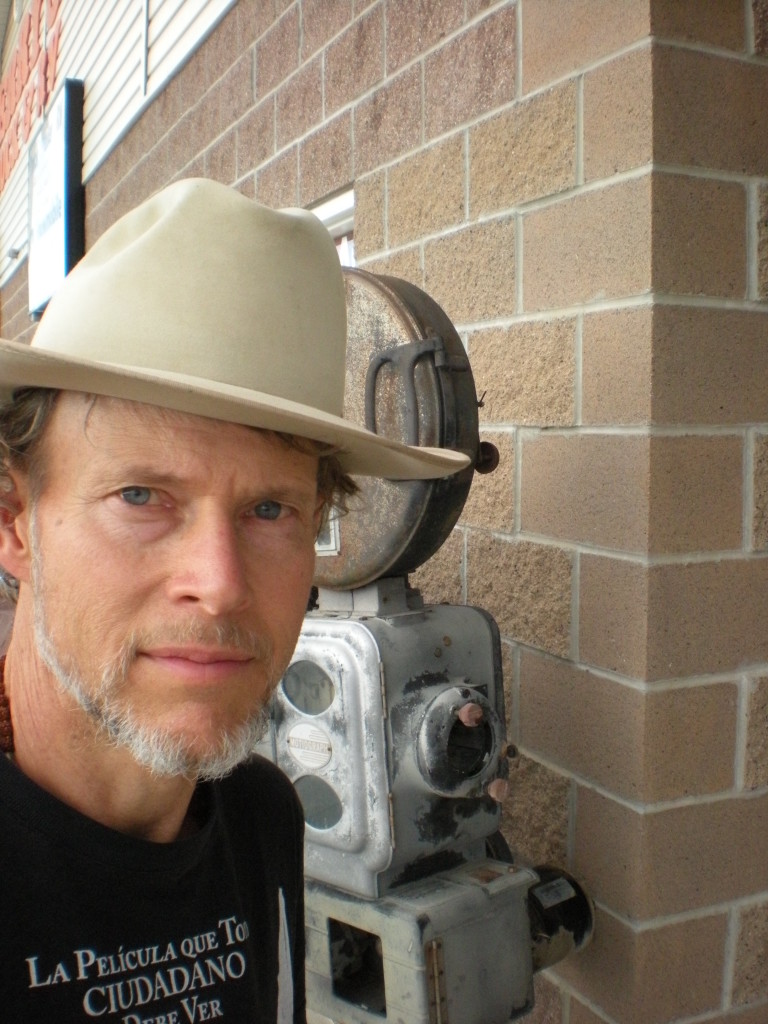UNITED STATES—A couple days after my last day at the census bureau, I witnessed my first lock-out at Mr. Wylie’s house on St. Andrews Place. The victim was a tall bald guy with a greasy moustache. He hadn’t paid his rent for months. The lock-out was early, earlier than I would have gotten up normally. The white guy had lied for months that he was going to pay, but who’s to say it was a lie?
The intention may have been there, but he never managed to come through. Now the law was here. This guy wasn’t going to go easy. The men in tan, the sheriffs, knocked on the door and from the end of the hall came the voices, “Do you want to walk out or do we have to bring you out?”
Jim Wylie, the owner was there along with his muscle, Bill Bailey. There was a long silence and the white guy came to the door, a plaid flannel shirt hastily thrown on. He looked bewildered and confused behind a pair of glasses that didn’t make him look smarter. He went back inside, and there was a moment when I thought he’s gonna come back with an ice-pick. After a while came out two big black hefty bags full of his stuff that Wylie would store in the attic of the St. Andrews’ house.
The stunned man with the droopy moustache dragged his sneakered feet off into the cloudy morning. The evicted man was remembered as a liar and known to the landlord now as a deadbeat; it was easier to throw out a deadbeat instead of a human. Still it wasn’t pretty. During the proceedings big Bill Bailey, with forearms thick as my thighs, turned to me and said, “I could never be a landlord.”
My job in all this was to change the lock on the guy’s door. That was easy. I did my job well.
My manager’s life wasn’t all lock-outs and room showings. I would soon be acting in “Maxtla, a play based on pre-Hispanic legends, directed by Martha Esther Marin from Bohemia, the Spanish-language cultural club. We had weekly rehearsals in the Masonic Lodge and in people’s homes. Also I went to a movie debut held at U.S.C. film school of a modern black-and- white drama photographed by a friend, Hisham Abed. Nice gathering afterward, all smiles and toasts.
The smiles made me feel like crap as I was persecuted by the unfinished business of my screenplay. Advice for those coming to L.A.: make sure your smile is real. Hisham’s was real that night; he had kinetically photographed this drama. Behind the smile of the Times’ film critic was deadline anxiety, the smiling director was reeling from being jerked around by the producer, Aziz. Let’s go behind the smile of Aziz—let’s not. The story ends a couple years later in a fiery blaze in the mountains and the death of the person he most adored, his daughter, at his own hands when the big deal didn’t come and he got fired from his main gig, running the equipment room at U.S.C. Hollywood dreams are something you don’t play with.
In the first weeks at Manhattan Place a young thing came to see a room at Manhattan Place. She didn’t seem very interested in the room, vacated by John Fosse, but there was something in the air that you could reach out with your fingers and touch. It seemed funny and yet no surprise that this blond Latina would call me back that same night, after 10 p.m., and speak freely in the kind of crazy, free-associative way of an uninhibited romantic woman, and she also predicted that in five years I would have a child about to be born.
Couldn’t have believed it at the time—she was off by only about five years.
Grady Miller is a humorist. You should read his early pieces in “Late Bloomer” (on Amazon) selected from when he used to be funny.






